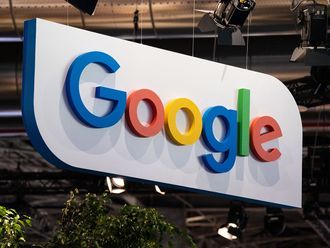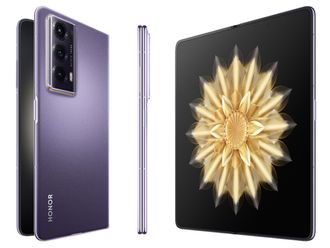Las Vegas: Japanese schoolchildren often hold hanseikai, or ‘reflection talks', to discuss what they did wrong during a play or a sports meet.
There was a lot of that kind of introspection going on among Japanese tech executives at the Consumer Electronics Show at Las Vegas which ended on Sunday, where the dominance of Sony and Panasonic seems to be a thing of the past, usurped by South Korea's Samsung and LG.
To regain their competitive edge, Japanese electronics makers should be looking to mergers and acquisitions, cost cuts and other moves to boost their market share abroad, according to government officials, investors and bankers. But veteran executives tend to be resistant to change, and the many factions found in Japanese conglomerates often slow decision making because of the value placed on consensus building.
Some investors fear that a brighter global economy in 2010 will delay transformative deals, and Japanese firms will instead get distracted by patent fights to protect their existing technologies.
"Everyone knows what needs to be done, but execution has always been the issue in electronics," said Atsuto Sawakami, a fund manager at Sawakami Asset Management Company in Tokyo. "I'm not holding my breath. There are better places to invest."
At the world's biggest gadget festival, Japanese executives privately voiced a sense of crisis.
Just a few years ago, one could walk through the Samsung booth feeling secure and smug, said a Toshiba official. "But each year, the booth becomes more showy, the products better-designed. And the price is still a challenge to match," he said, speaking on condition of anonymity.
The rise of Korea at the expense of Japan is reflected by Samsung's aggressive target for flat-screen TV sales, at a time when Sony is struggling to turn a profit. Investors have taken note; Samsung's shares surged 77 per cent in 2009, as Sony's 39 per cent rise.
Investment bankers in Japan love to sing the praises of a hypothetical merger of Sony and Sharp, or Sony and Hitachi. Hardware, software and services firms are coming together to become more competitive, such as Oracle's planned purchase of Sun Microsystems and Hewlett-Packard's deal for network equipment maker 3Com.
Analysts expect patent wars to escalate as Japanese makers cling to key technologies in their grip.
Sharp is locked in a web of suits and counter-suits against Samsung over liquid crystal displays.
One of the main costs behind premium LCD TVs is the light emitting diodes used in the backlight, and Sharp is fighting to protect and leverage its patents.
While the Consumer Electronics Show was brimming with flashy 3D TVs and products that Japanese firms are developing to win back their reputation as technology leaders, investors aren't sure it's safe to plough new money into their shares.












